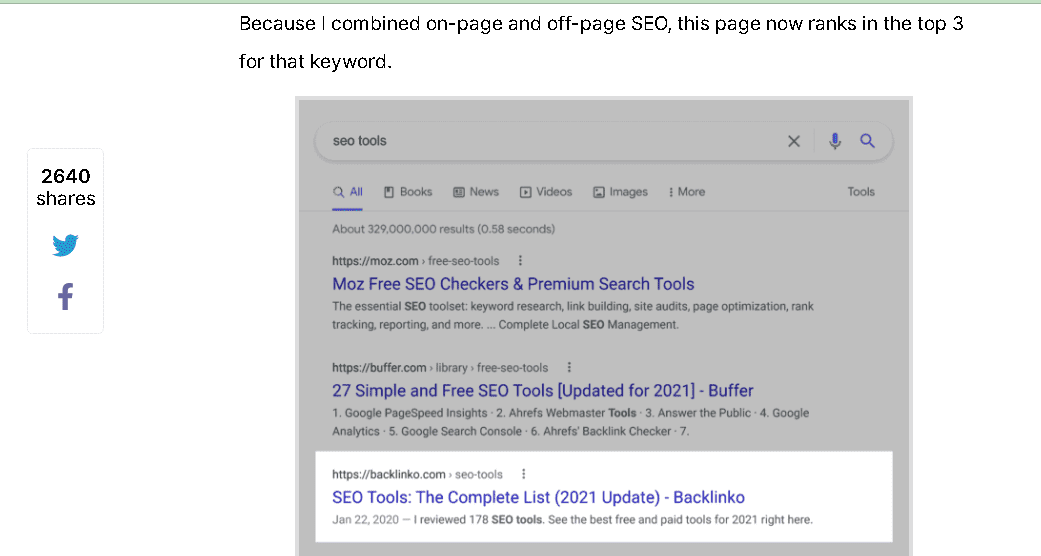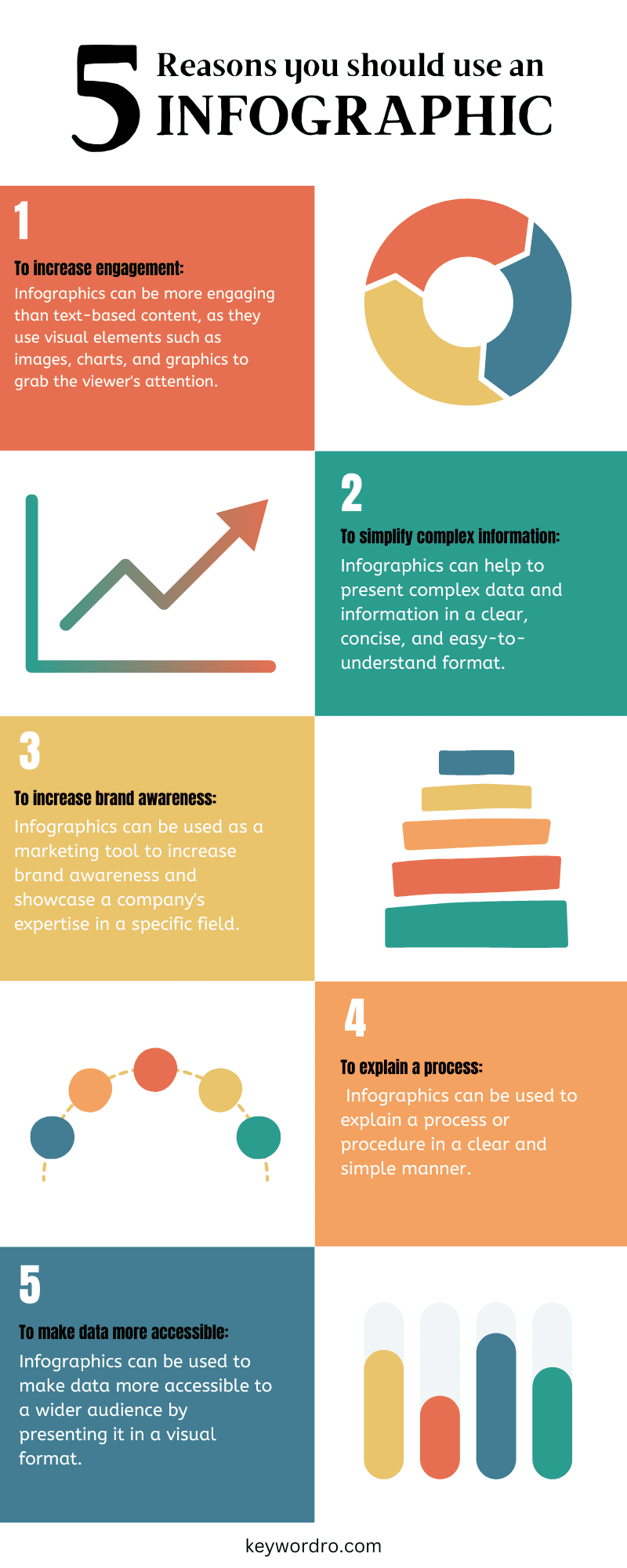Off-Page SEO: A Step by Step Guide to off-Site Optimization
Do you think that off-page SEO is just only creating backlinks?
I suppose you might be wrong.
Here I will discuss the complete guide to off-site SEO that will help you learn everything you need to know.
Plus, I have discussed the best ways to get backlinks for your website.
Contents
Off-Page SEO Basics
In this chapter I am going to discuss the basics of Off-page SEO you need to know. Also you will learn about the On-page and technical SEO.
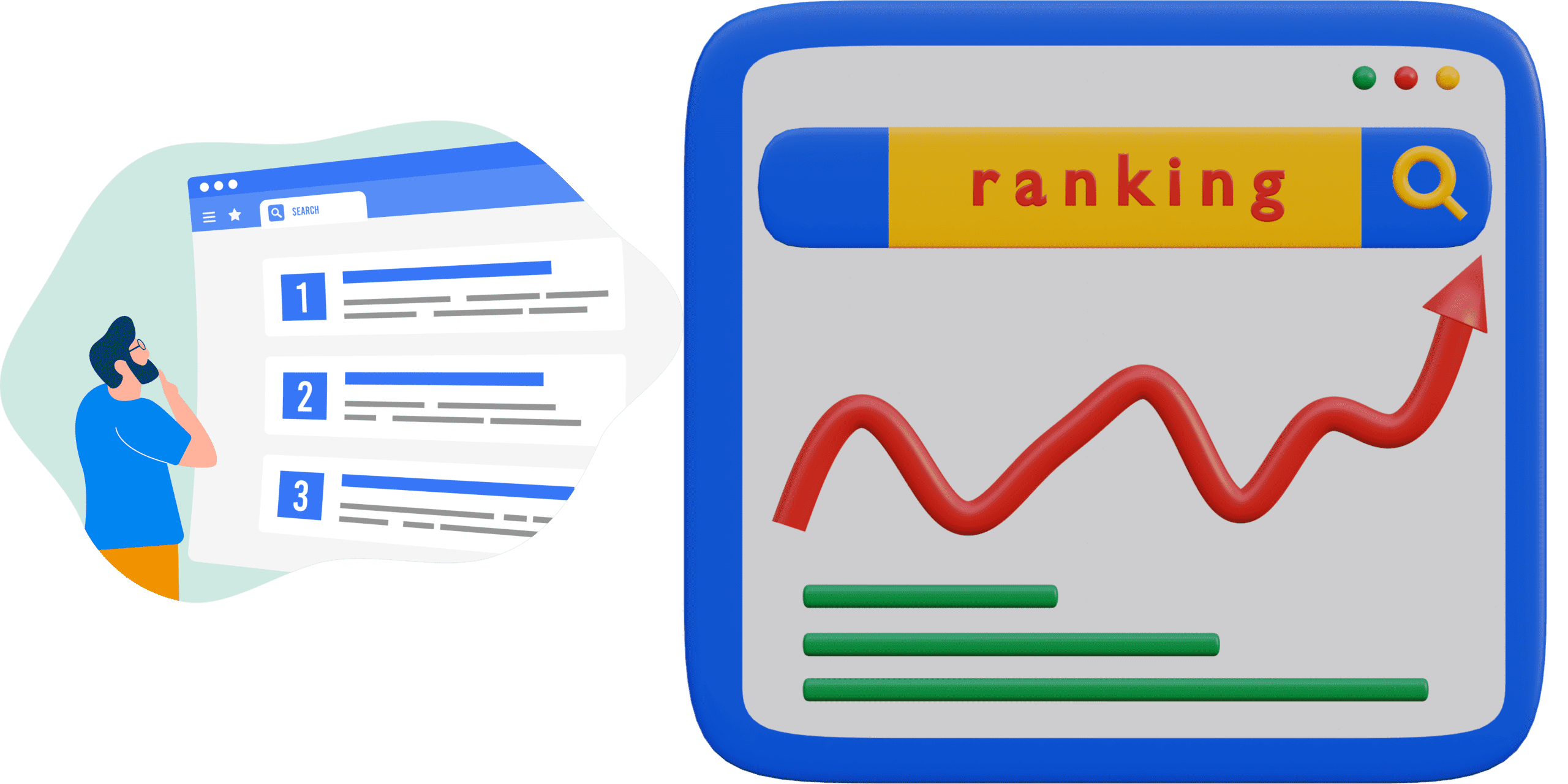
What is Off-Page SEO?
Off-page SEO refers to the practice of optimizing OFF-site activities of your website.
For example building backlinks, social signals, EET, etc.
In SEO there are three main types. On-Page, Technical, and Off-page seo. I hope you got the idea.
Why Off-Page SEO is Important
Backlinks are super important today.
Backlinks from reputable and relevant websites are like votes of confidence for your website.
They can help you to get rankings in search engines as well you can also bring referral traffic.
How?
When other websites link to your content,
Their visitors can click on the link and visit your website,
potentially increasing your audience and generating leads or sales
backlinks account for approximately 20-30% of search engine ranking factors.
Brian Dean got the first page ranking with on-site and off-site activities here’s how.
off-page SEO is crucial for improving your website’s visibility, authority, and reputation.
It helps search engines understand the relevance and popularity of your content,
drives organic traffic and builds your brand’s online presence.
By implementing effective off-page SEO strategies, you can enhance your overall digital marketing efforts and achieve long-term success
On-Page SEO vs Off Page SEO
On-page SEO refers to the optimization techniques applied directly to your website. It helps you to improve your website’s visibility and relevance to search engines.
It focuses on optimizing various elements within your website, For example,
- content
- meta tags
- headings
- URL structure
- internal linking
- keyword usage
- website design and structure.
Off-page SEO refers to the actions taken outside of your website.
It focuses on:
- building a website’s authority
- credibility
- and popularity through external factors.
- backlinks
- social signals
- brand mentions
- online reputation management.
Technical SEO vs Off-Site SEO
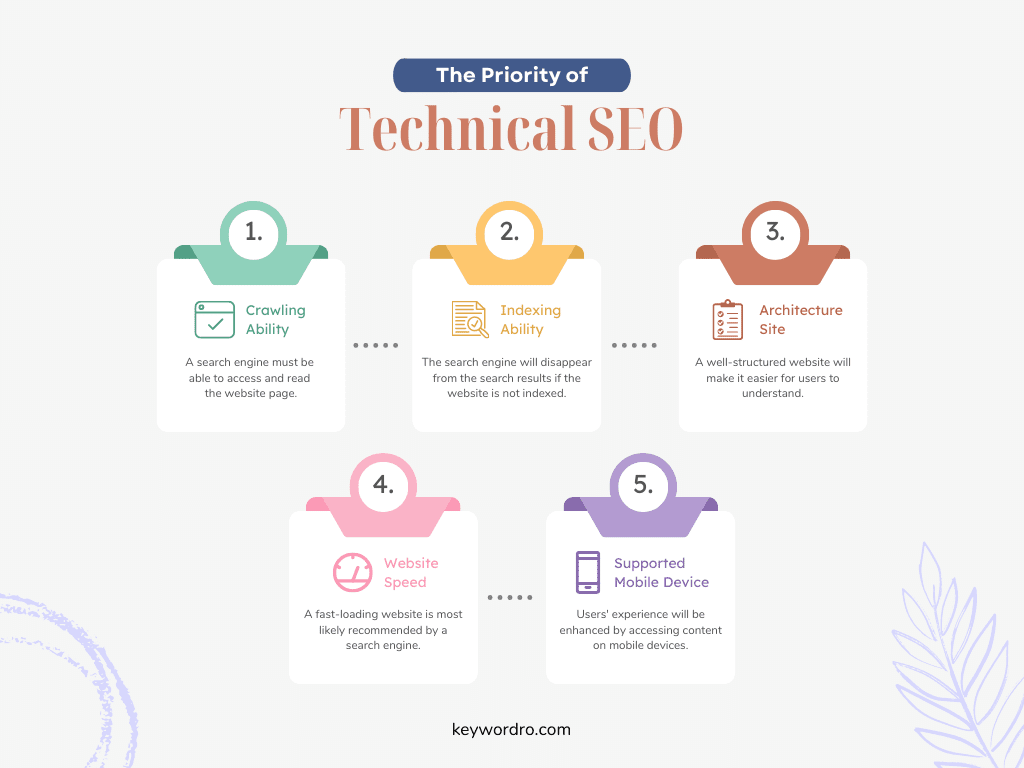
As you know the definitions of Off-Page SEO.
Now let’s learn about technical SEO.
In this, you have to optimize the technical aspects of your website. It will help your website to improve its search engine crawling, indexing, and overall performance.
It focuses on the backend elements and infrastructure of your website,
For example,
- website speed
- mobile-friendliness
- crawl ability
- site architecture
- URL structure
- schema markup
- XML sitemaps canonicalization and more.
So if you want to boost your website’s rankings you should have to implement technical SEO on your website.
Preparing a Site/Page for Link Building
Now you have learned about the basics. Now let’s jump into the step-by-step process of Off-Page SEO.
Your first goal is to prepare your website page for links.
As we all know we can’t get a backlink on a page that doesn’t exist or have zero value.
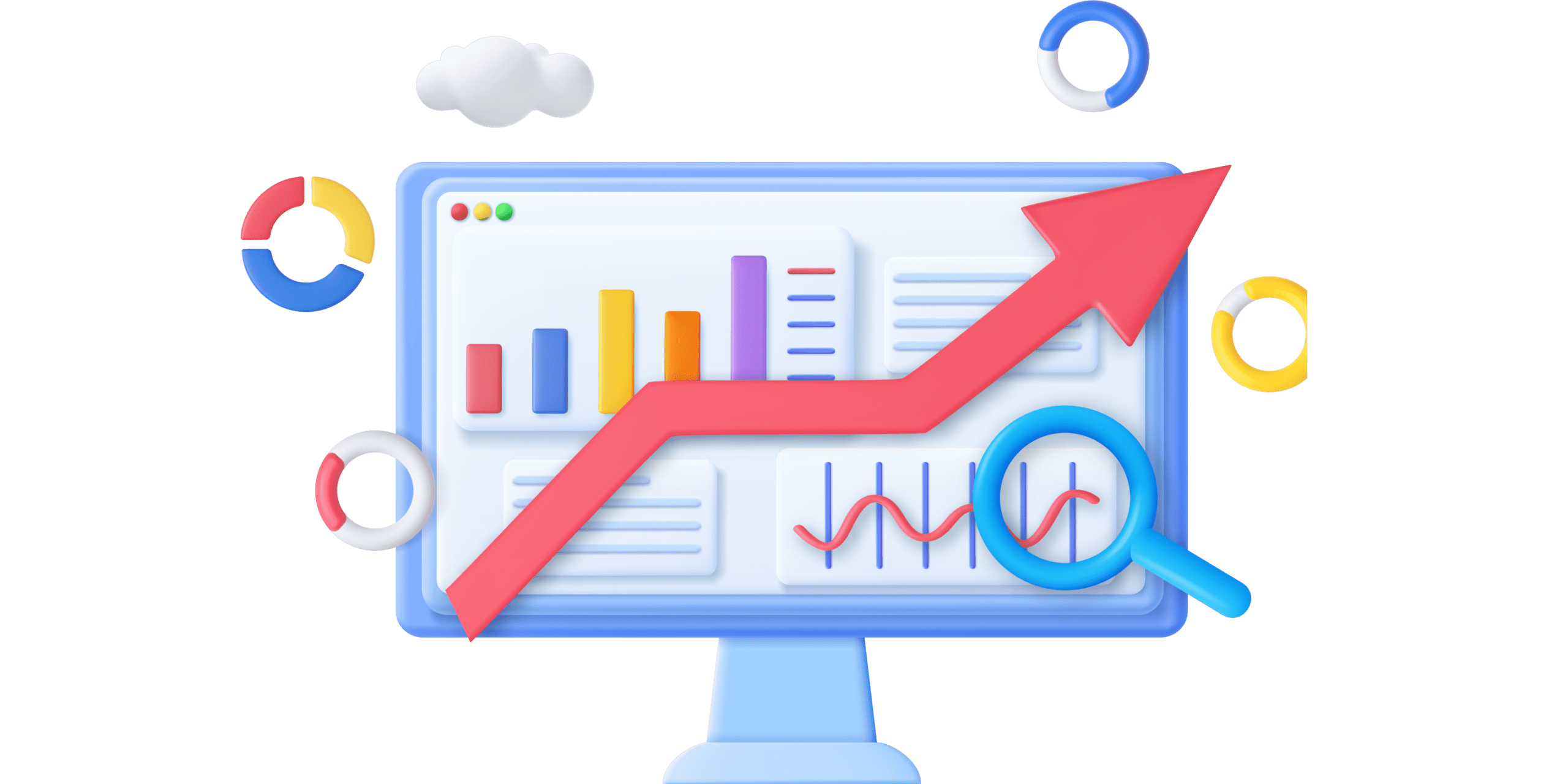
Why?
Think from an others perspective.
Why does someone give you a backlink on a page like this?
I know you can create backlinks manually
but it doesn’t have any value.
So our primary goal is to optimize your pages for getting backlinks.
Let’s do it step by step.
First, do some keyword research and write the content around that topic. Then optimize it for on-page SEO.
Here I will help you to optimize your page greatly.
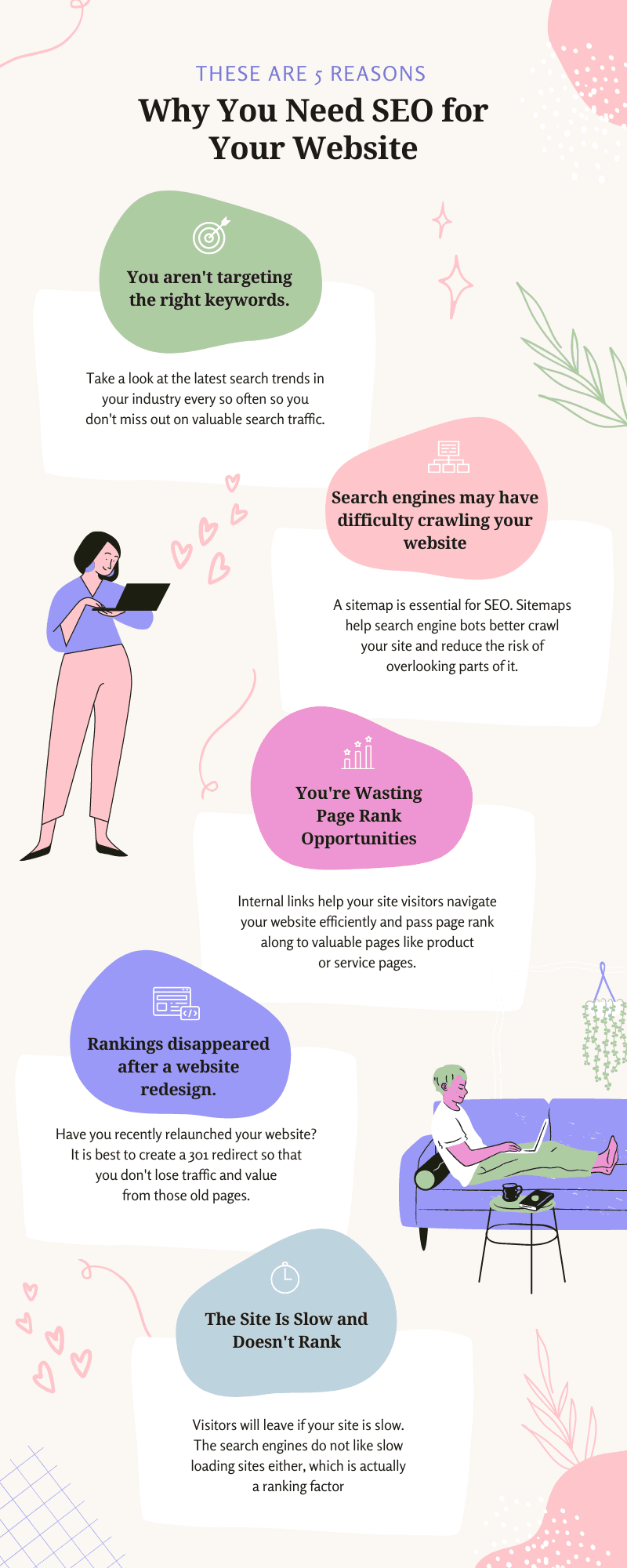
Use Infographics
Using infographics in your content is already a + point for getting backlinks.
Why?
Here are the
5 Reasons You Should use an infographic
Infographics have the potential to earn backlinks from other websites.
According to research, content with infographics receives 30 times more backlinks than text-only content. (Source: Clambr).
So create, edit, and publish infographics within your content.
For example, A few times ago I published this guide on keyword research.
I used 3 infographics in this article.
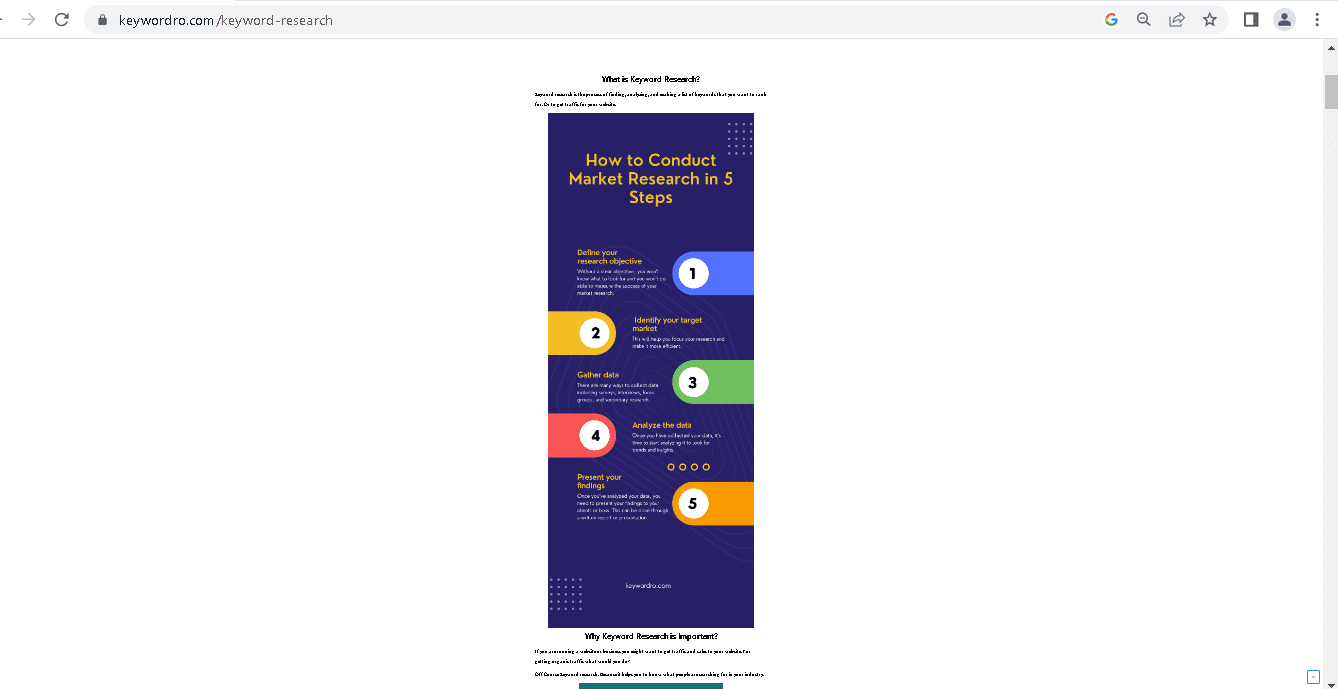
I hope you got the idea.
Use Internal Links
Now after inserting infographics into your page.
it’s time to add internal links to your content.
WHY?
Internal links also play a crucial role in On-page and Off-page both.
Here’s how.
When you add internal links to your content it helps visitors to engage or stay within your website.
And also crawlers pass authority to your pages.
For example, A few times ago I published this post and I added internal links like this.
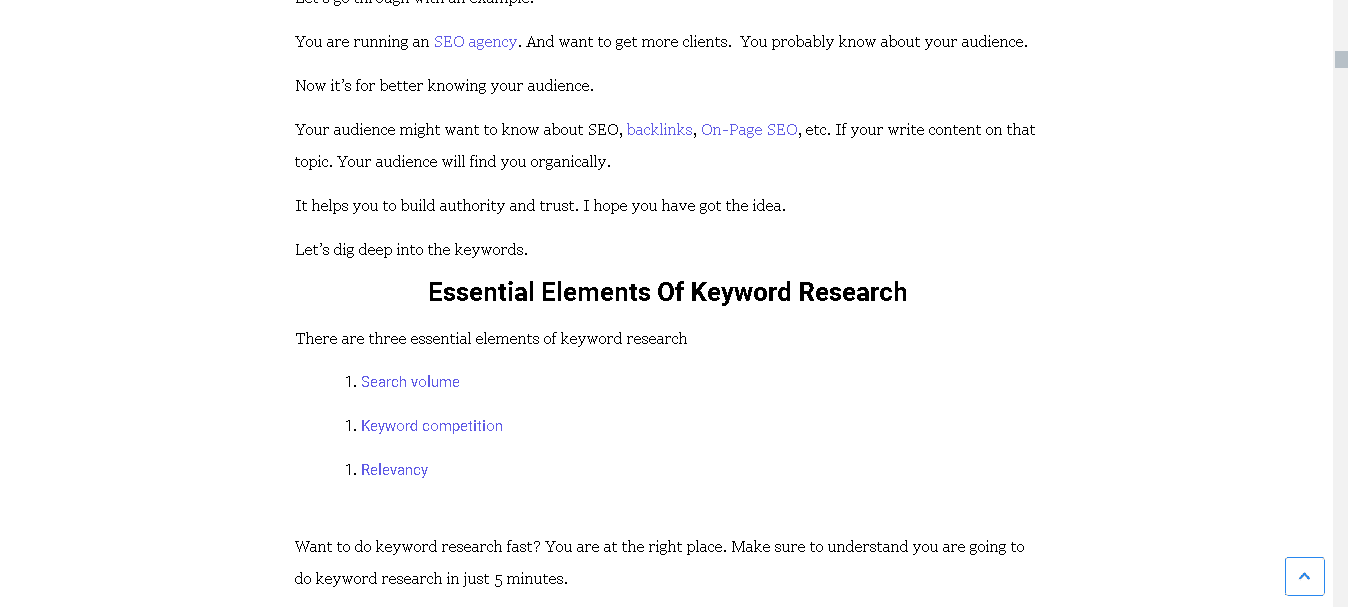
Do Basic On-page SEO First
As you know what is On-page SEO?
It helps search engines understand the relevance and value of your website’s content.
Also, you get higher rankings and increase organic traffic.
In fact, I have only on-page SEO to boost my website rankings.
You should optimize:
content
meta tags
headings
URL structure
internal linking
keyword usage
optimization
high-quality, relevant content creation.
I hope you have learned a lot in this chapter let’s move onto the next.
Boost Off-Page SEO With Backlinks
Now after optimizing on-site SEO, it’s time to get backlinks for your website.
Here I will be discussing some tips, tricks, and techniques to get backlinks for your website.
Let’s dive into the complete process.
As we all know there are a lot of ways to build backlinks but here I will discuss a few of them.
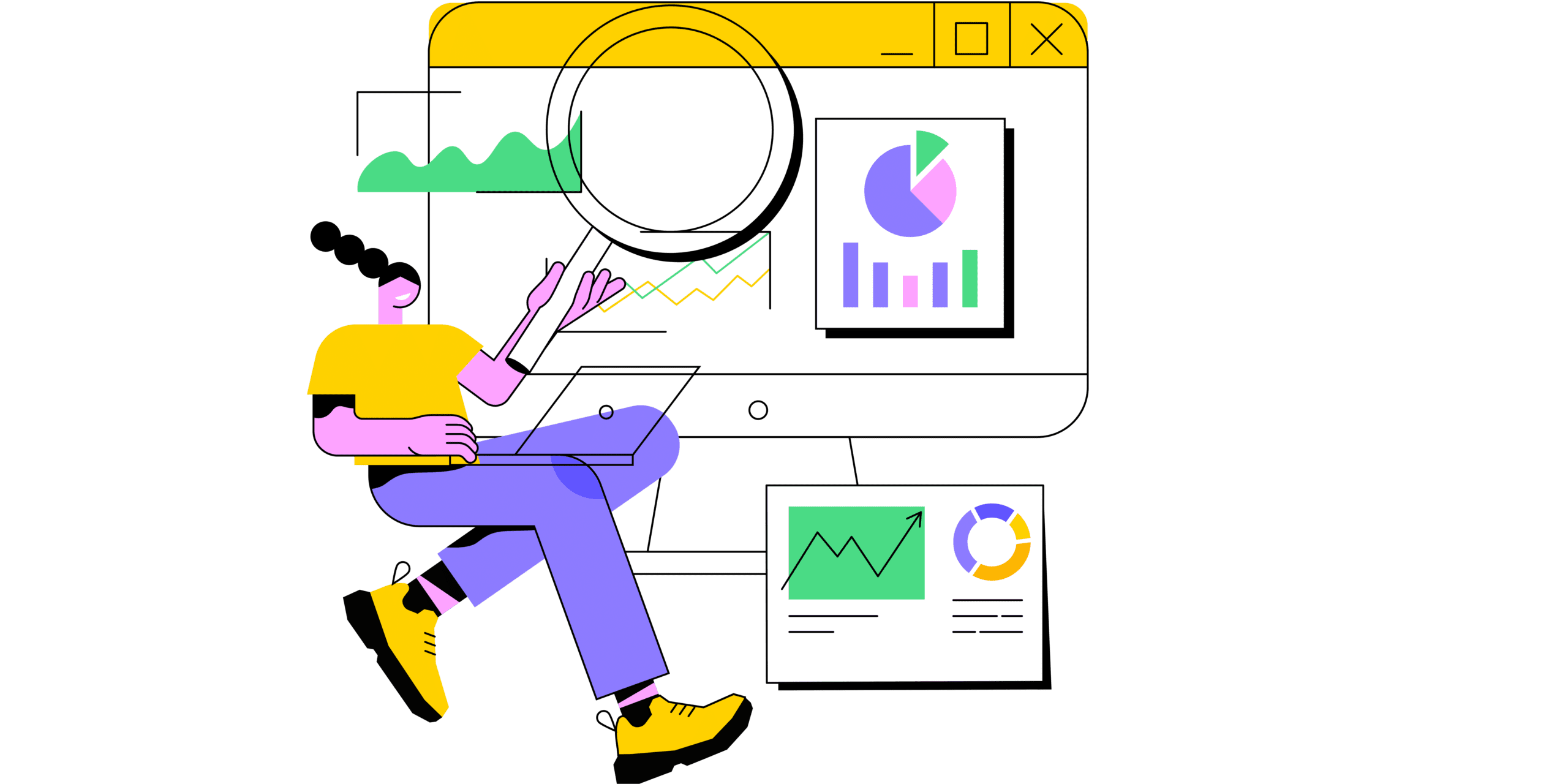
Guest Posting
Guest Posting is a great way to get backlinks and boost your off-page seo.
Guest blogging is a content marketing strategy whereas, for an individual or business, you have to write and publish articles or blog posts on other websites.
I hope you learned the definition.
Let’s learn how to do it.
Simply Go to the Google and Type Below keywords
Write for industry/niche]
Industry/niche] blog + write for us
Industry/niche] website + guest post
Industry/niche] guest blogging
Industry/niche] Submit a guest post
After searching these websites you can contact them and pitch your article.
Also, make sure to follow their guidelines for guest posting.
Publish Data and Stats
People love to link content that has original data and stats.
For example, Brian Dean published an article on Tiktok stats.
His goal is to achieve backlinks.
So his targeted audiences were generalists and bloggers.
When someone wants tiktok stats he is the first person that comes to mind.
So when he published that post he got many backlinks like this.
Create High-Quality Content
Producing valuable, unique, and shareable content is one of the most effective ways to attract backlinks naturally.
When you publish high-quality content, other websites and bloggers are more likely to link to it as a reputable and authoritative resource.
Content Promotion and Outreach
After creating high-quality content.
Now it’s time to promote it on different channels, for example, social media, email newsletters, and online communities.
Reach out to relevant bloggers, journalists, and influencers.
If they will find your content valuable you can get backlinks.
Outreach and Relationship Building
This is also an important part.
You should Reach out to other website owners, bloggers, influencers, and industry experts to build relationships.
Engage with them through social media, comments, or emails.
If you have valuable content that aligns with your audience, you can request a backlink or collaborate on content projects.
Broken Link Building
Find websites in your niche that have broken or inactive links, and offer to replace those broken links with relevant content from your website.
So in this way, you provide value to website owners by helping them fix broken links while earning a backlink for your content.
Get Valuable Links from Authoritative sites
Acquiring valuable backlinks from authoritative websites can significantly benefit your SEO efforts.
Here I will discuss some strategies to help you to get valuable links from authoritative sites.
- Create Link-Worthy Content
- Conduct Competitor Research
- Guest Posting on Authority Sites
- Build Relationships with Influencers and Experts
- PR and Media Outreach
- Content Syndication and Partnerships
- HARO (Help a Reporter Out)
- Resource Page Link Building
Create a Tool
Creating tools helps you to increase brand awareness as well you can ton of backlinks.
If you are in the SEO industry you can create tools like SEO tools, backlinks, Audit, etc.
If you are in another industry you can also create tools to boost your website’s off-page SEO.
For example, Neil Patel has a tool called UberSuggest.
Improve Brand Signals
If you want to boost your off-page seo strategy then improving brand signals is essential.
Brand signals refer to various indicators that search engines use to assess the reputation, authority, and popularity of your brand online.
Here are some effective ways to improve brand signals for off-page SEO

Consistent Branding
Maintain consistent branding across all online platforms, including your website, social media profiles, directories, and other online listings.
Use the same brand name, logo, colors, and messaging to create a unified brand identity.
For example, Our website keywordro.com has many social media accounts and pages so that everyone can easily know about us.
Online Reputation Management
You should Monitor and manage your online reputation.
How?
Here is the deal you should actively engage with customer feedback, reviews, and comments.
Respond promptly and professionally to both positive and negative feedback, demonstrating your commitment to customer satisfaction.
Social Media Engagement:
You should Build an active presence on social media platforms that are relevant to your target audience.
Regularly post engaging content, respond to comments and messages, and foster meaningful interactions with your followers.
Strong social media engagement signals to search engines that your brand is active, trusted, and valued by users.
Online Mentions and Citations
Seek opportunities to be mentioned or cited on reputable websites, blogs, and online publications.
This can be achieved through press releases, guest blogging, interviews, or collaborations.
Brand mentions and citations from authoritative sources enhance your brand’s visibility, reputation, and overall brand signals.
Brand Advocacy and User-generated Content:
Encourage your satisfied customers to become brand advocates.
You have to Encourage them to share their positive experiences, testimonials, and user-generated content (UGC) on social media, review sites, and relevant online communities.
User-generated content serves as social proof, building trust and credibility for your brand.
Offline Branding and PR
Support your online brand signals with offline branding efforts.
You should Participate in local events, sponsor community initiatives, and engage in public relations activities that enhance your brand’s visibility and reputation.
Offline branding efforts can generate online mentions, backlinks, and social media conversations, all contributing to improved brand signals.
Consistent NAP Information: Ensure that your business’s Name, Address, and Phone number (NAP) are consistent and accurate across all online directories,
including Google My Business, Yelp, and other relevant platforms. Consistency in NAP information reinforces your brand’s credibility and helps search engines associate your business with its physical location.
Improving brand signals requires a combination of consistent branding, active engagement on social media, positive online reputation management, strategic partnerships, and a focus on generating high-quality mentions and citations.
By implementing these strategies, you can strengthen your brand’s online presence and boost your off-page SEO efforts.
Get Online Reviews
Online reviews can play a significant role in off-page SEO. You should improve your online reputation, increase brand visibility, and influence potential customers’ purchasing decisions.
Here I will discuss some strategies to get natural or legit online reviews:
- Claim Your Business Listings
- Provide Exceptional Customer Service
- Request Reviews from Satisfied Customers
- Monitor and Respond to Reviews
- Leverage Email Marketing
- Utilize Review Widgets and Badges
- Offer Incentives or Rewards
- Engage with Online Reviewers
- I hope you got the idea.
Local SEO
Local SEO is a crucial aspect of off-page SEO. It focuses on optimizing your website and online presence to rank higher in local search results. Here are some key factors and strategies related to local SEO in off-page optimization.
Online Directories and Citations
Ensure your business is listed accurately and consistently across relevant online directories,
for example, Google My Business, Yelp, Yellow Pages, and local industry-specific directories.
These listings, often referred to as citations, provide essential information about your business (name, address, phone number, website) and help search engines verify your business’s location and relevance. I hope you understand.
Localized Content Marketing
Create and optimize content that is relevant to your local audience.
Connect with Other Bloggers
Connecting with other bloggers can be an effective off-page SEO strategy.
As we know it allows us to build relationships, gain backlinks, and increase our online visibility. Here are some steps to connect with other bloggers for off-page SEO:
Identify Relevant Bloggers
Find bloggers who operate in your industry or niche and whose audience aligns with your target audience.
Engage with Their Content
It’s time to start engaging with their blog posts through thoughtful comments.
Share their articles on social media and tag them to get their attention. This will help you establish a connection and showcase your interest in their work.
Outreach and Collaboration
Now you have to Reach out to bloggers through email or social media to introduce yourself and express your admiration for their work.
Propose collaboration ideas such as guest posting, co-creating content, or participating in interviews.
Highlight how your collaboration can benefit both parties and provide value to their audience. I hope you got the idea.
Collaborative Projects
This is a pretty great way you should Consider collaborating with other bloggers on joint projects, for example, ebooks, podcasts, webinars, or online courses.
These collaborative efforts can expand your reach, attract new audiences, and strengthen your credibility and authority within your industry.
You should remember that Building authentic relationships and offering quality content will contribute to a successful off-page SEO strategy.
Improve E-E-A-T
In this chapter I will be discussing the important part of off-page SEO.
It’s called E-E-A-T. Here I will discuss what it’s is and things you should consider.

This is Google’s update in that you the writer should have first-hand experience with the particular topic that he/she is writing about.
You should focus on it. While E-A-T is primarily focused on on-page factors, its influence extends to off-page SEO through factors.
For example backlinks, social proof, reputation management, and influencer partnerships.
By building a strong brand reputation, establishing authority within your industry, and creating valuable content.
I hope you learned a lot. Let’s jump into some old design techniques of off-page SEO.
Advance Strategies and Tips to boost your Off-Page SEO
This all chapter is all about strategies and tips to boost your off-SIte SEO efforts.
Some SEO experts may not agree with some tips but those tips are for beginners level website owners.
I know what’s working right now but it’s my job to inform the old school techniques.

Start YouTube Channel
Starting a YouTube channel can have several benefits for off-page SEO. You should create informative and engaging video content, you can attract a broader audience, increase brand visibility, and generate backlinks when other websites embed your videos.
For example, A few times ago I published this video on my YouTube channel and this helped me to get a backlink from an authority site.
I know I got only the link but my channel is at the beginning part.
Also, you should do Video SEO and your YouTube videos.
Go and Engage on Social Media
Engaging on social media doesn’t have a direct impact on your off-page SEO, but it offers a lot of benefits that can indirectly contribute to your overall SEO efforts.
Here I will discuss some of the advantages of engaging on social media:
you can increase brand visibility, generate social signals, drive referral traffic, build relationships, manage your reputation, and promote your content. I hope you got the idea.
Start Content Marketing Campaigns
Content Marketing Helps a lot for your business. If I started to say the benefits of content marketing then it takes a long to say all the benefits. First of all, let’s talk about why content marketing impacts off-page seo.
Link Building: Content marketing is a powerful tool for building high-quality backlinks to your website.
Social Sharing: If you write Compelling content. It will be shared across social media platforms, and drive more traffic to your website.
Brand Exposure and Reputation: Content marketing helps build your brand’s online presence, which can enhance your reputation and authority in your industry.
Increased Referral Traffic: You should have to create valuable and engaging content.
So that you can attract visitors from other websites, blogs, and online communities.
Social Proof and User Engagement: Content marketing allows you to showcase your expertise, knowledge, and thought leadership in your industry.
I hope you got the idea. Let’s jump into the next.
Use Article Submission Sites
As we all know this is the old-school technique to build backlinks. But we should mention this here Why?
Submitting articles to reputable article submission sites can help increase your website’s visibility and generate backlinks.
After submitting high-quality, informative articles to those sites, your articles can get picked up by other websites, and increase your chances of earning backlinks.
However, it’s important to choose authoritative article directories and ensure that the content you submit is unique and valuable to readers.
Use Infographic Submission sites
This is also a good technique to build authority backlinks.
Infographics are visually appealing and shareable content pieces. Submitting infographics to specialized infographic submission sites will help you a lot.
For example, if you embed a link on your website and when someone wants to use your infographic on his site the site owner will give you a backlink.
Directory Submission sites
These links aren’t much more valuable than before nowadays but for off-page SEO we should consider it. Directory submission sites allow you to list your website’s details.
For example, name, address, and contact information, in relevant categories.
Conclusion
I hope you learned a lot Off-Page SEO in this guide if yes leave a comment below. If you are a website or business owner and want SEO Services you can contact us to get high-quality services.
